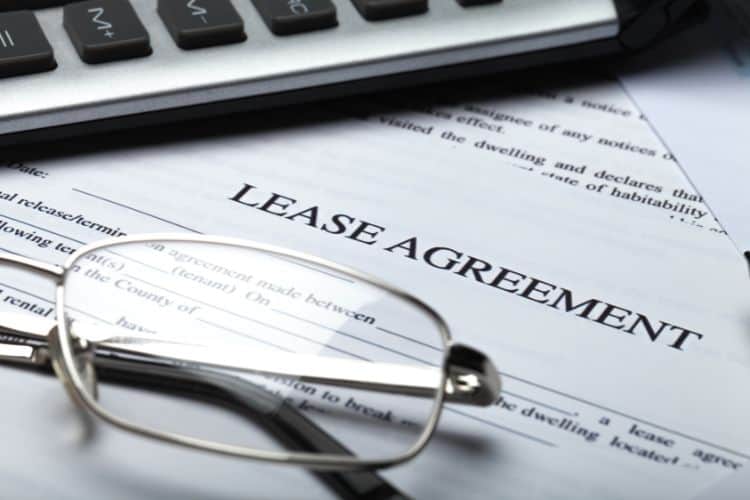For many Queenslanders, owning an investment property can be a lucrative way to build wealth and passive income over time. However, renting out a home also comes with significant responsibilities and obligations as a landlord.
One key question facing investment property owners is, “Do I need a property manager to rent my home or should I manage it myself?
This choice depends on multiple factors such as your real estate experience, available time to dedicate to management tasks, and the number of rental properties you own.
Responsibilities of a Landlord in Queensland
Before deciding to self-manage or employ a professional property manager, landlords must understand their legal rights and obligations under Queensland’s Residential Tenancies and Rooming Accommodation Act 2008 and other regulations.
As a landlord, you must ensure the rental premises meet minimum standards and are reasonably secure. This includes maintaining the property in good repair, ensuring adequate security devices like locks/keys, and providing an approved smoke alarm.
You also need to comply with building codes, health regulations and sustainability laws related to issues like waterproofing, ventilation, plumbing and energy efficiency. Failing to adhere to relevant regulations can attract significant fines and penalties.
Other key landlord responsibilities include marketing and advertising any vacancies, finding and screening potential tenants thoroughly through rental applications, reference checks, employment verification and database checks.
You must also prepare and correctly lodge all tenancy agreements, bond money and associated paperwork with the Residential Tenancies Authority (RTA) within strict timeframes.
Once tenants are in place, landlords must conduct routine inspections (with proper notice) to ensure no breaches, promptly address any legitimate property maintenance issues and coordinate repairs, and follow strict procedures for rent increases, terminations of tenancy agreements and applying for eviction orders if required.
Landlords need clear documentation trails and may need to resolve disputes through RTA conciliation or hearings at the Queensland Civil and Administrative Tribunal.

Advantages of Using a Property Manager
Given these numerous compliance obligations, hiring a licensed and experienced property manager offers several distinct advantages over self-management:
- Professional Expertise: Most have in-depth knowledge of Queensland residential tenancy laws, discrimination legislation, and proven, efficient processes to legally handle any tenancy situation – from marketing and screenings and addressing disputes to managing terminations and tribunals.
- Saved Time and Hassle: Property managers take care of almost every regular landlord task, from finding and vetting new tenants to conducting inspections, coordinating maintenance, and ensuring rent payments are received on time. This gives landlords a relatively hands-off investment.
- Emotional Distance: A property manager maintains an impartial, professional relationship with tenants, preventing difficult situations from becoming personal or emotionally charged for the landlord.
- Established Systems: They have documented procedures covering all aspects of tenancy management to ensure full regulatory compliance. This includes processes for marketing vacancies, applicant screening, preparing agreements, bond lodgement, rent collection, routine inspections, records and trust accounting management, and handling termination notices or tribunal proceedings if required.
- Industry Connections: Most property managers have preventative maintenance programmes, trusted contractor networks, and the ability to quickly address any required repairs, upgrades or emergency situations like storm/flood damage at reasonable costs.
An experienced property manager adds significant value by protecting landlords from making costly tenancy mistakes, breaching tenant rights and facing penalties, while leveraging their marketing abilities to minimise vacancy periods between tenants.
Potential Downsides of Property Managers
The main drawback of hiring a property manager is they charge fees as a percentage of the rental income received, capped at certain levels under Queensland regulations. Typical fees may range from 7% to 12% of the weekly rent, plus a letting fee to secure each new tenancy agreement.
For higher-end rental properties where the weekly rent is $500 or more, this management fee is often seen as worthwhile considering the significant responsibilities and hassles it removes.
However, it can severely impact cash flow for lower-priced rentals under $400 per week. Over years, these compounding fees represent a major portion of potential profits.
Additionally, some landlords encounter issues like poor communication, inconsistent service levels and a lack of personal attention under a “hands-off” management model.
Thus, taking the time to thoroughly vet potential property managers through recommendations, testimonials and a rigorous interview process is vital before signing any long-term agreements.
When Self-Managing May Be Viable

For landlords who have prior experience managing a rental property portfolio and who fully understand landlord obligations, self-managing can maximise returns by retaining 100% of the rental income. However, you must have sufficient available time to consistently dedicate to regular landlord tasks and responsibilities.
If you only have one investment property located very near your own home, self-management may also be more viable as you can regularly inspect the premises and liaise directly with tenants. That being said, having expertise in Queensland-specific tenancy laws and correct procedures is critical to self-manage compliantly and avoid costly disputes, even for a single property.
Ultimately, while avoiding property management fees increases returns, self-managing concentrates all legal responsibilities, risks and compliance requirements directly on the landlord’s shoulders.
If you don’t have time, knowledge or experience for active self-management, the costs and stresses involved could negate any fee savings.
Also Read: Can a Family Member Be a Property Manager?
Wrapping Up
There is no one-size-fits-all answer to whether you need a property manager in Queensland. It comes down to carefully evaluating your specific circumstances as a landlord and weighing the advantages of professional management against the higher rental income by self-managing.
If you are an investor managing properties remotely or have a large rental portfolio, a property manager is highly recommended to comprehensively handle tenant management while legally protecting your investments.
Conversely, if you have property management experience and available bandwidth, self-managing can maximise rental profits for just one or two local properties.
Ultimately, a strong understanding of your legislative responsibilities as a landlord is essential whichever path you choose.

